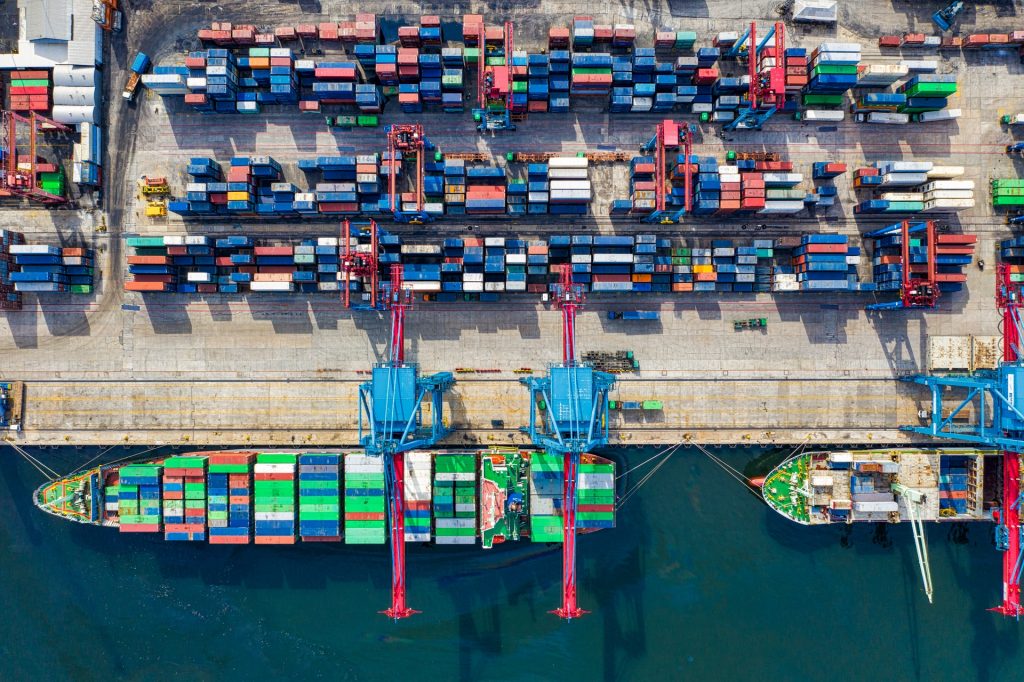The global supply chain crisis has touched every facet of economic activity. From semiconductors to lumber, the press has been full of stories explaining how the lack of crucial and sometimes esoteric components has disturbed the supply of goods we have come to rely on. The book industry has not been left untouched by the global supply chain crisis. According to a report in Books and Publishing, the book industry’s supply chain has come under severe strain.
A Book Industry Study Group (BISG) webinar held last July brought the pressures of the industry’s supply chain to the public’s attention. According to David Hetherington, panlist on the webinar, a shortage of drivers and trailers, port congestion, and rising transportation costs, are the most serious factors putting pressure on the industry’s supply chain. Hetherington, who serves as vice president of business development for Book International, the pressure on the industry’s supply chain is greater than at any point in his career. Since that webinar, the situation has only worsened. Printing capacity has shrunk even further and labor shortages have left printers, retailers and wholesalers understaffed. The second-order impact of this is to build up a backlog of unfulfilled orders, which creates demand pressures on supply.
Bookazine, and Ingram, the two biggest trade wholesalers, have been so concerned by supply chain disruptions that they have elected to reach out to their clients to help them resolve their problems, advising them on steps they can take to be better prepared for fall and the holiday period. One of the most important pieces of advice these two wholesale leaders have given is that their clients should order as early as they possibly can.
Shipping delays have affected everyone. Even in a world where ships arrive on time, port congestion means that supplies can remain in ports for months on end. This is not a problem that the industry sees ending before the holiday season. Bookazine has advised vendors to have a margin of safety in their orders and to buy when stock is available, because reprints are going to be very challenging. Bookazine has deliberately added slack to its inventory, growing its inventory by 35-40% year-over-year, in an effort to build a reserve against supply chain challenges.
Ingram expects that supply chain disruptions this year will be greater than those experienced last year. That is quite a severe forecast. The company is aware that bottlenecks in one part of the supply chain can, through ripply effects, affect the rest of the supply chain, leading to even greater shipping delays. Ingram has been more aggressive in ordering books, ordering earlier and in bigger numbers. Ingram believes that if its efforts are matched by stores, then Ingram can deliver books more quickly and more easily. Ingram has been working to bolster its warehouse staff and also to improve fulfilment times. Ingram is working with publishers to deliver books sooner so that it can deliver them along its distribution nodes so they are closer to customers that much quicker. Stocking warehouses crucial to delivering books to customers, and solar devices can be used to reduce energy costs and free up capital for inventory. Of course, the uncertainty principle tells us that if everyone starts ordering earlier and in bigger quantities, then the benefits of doing so erode as uncertainty returns to the system. The supply chain saga continues.







